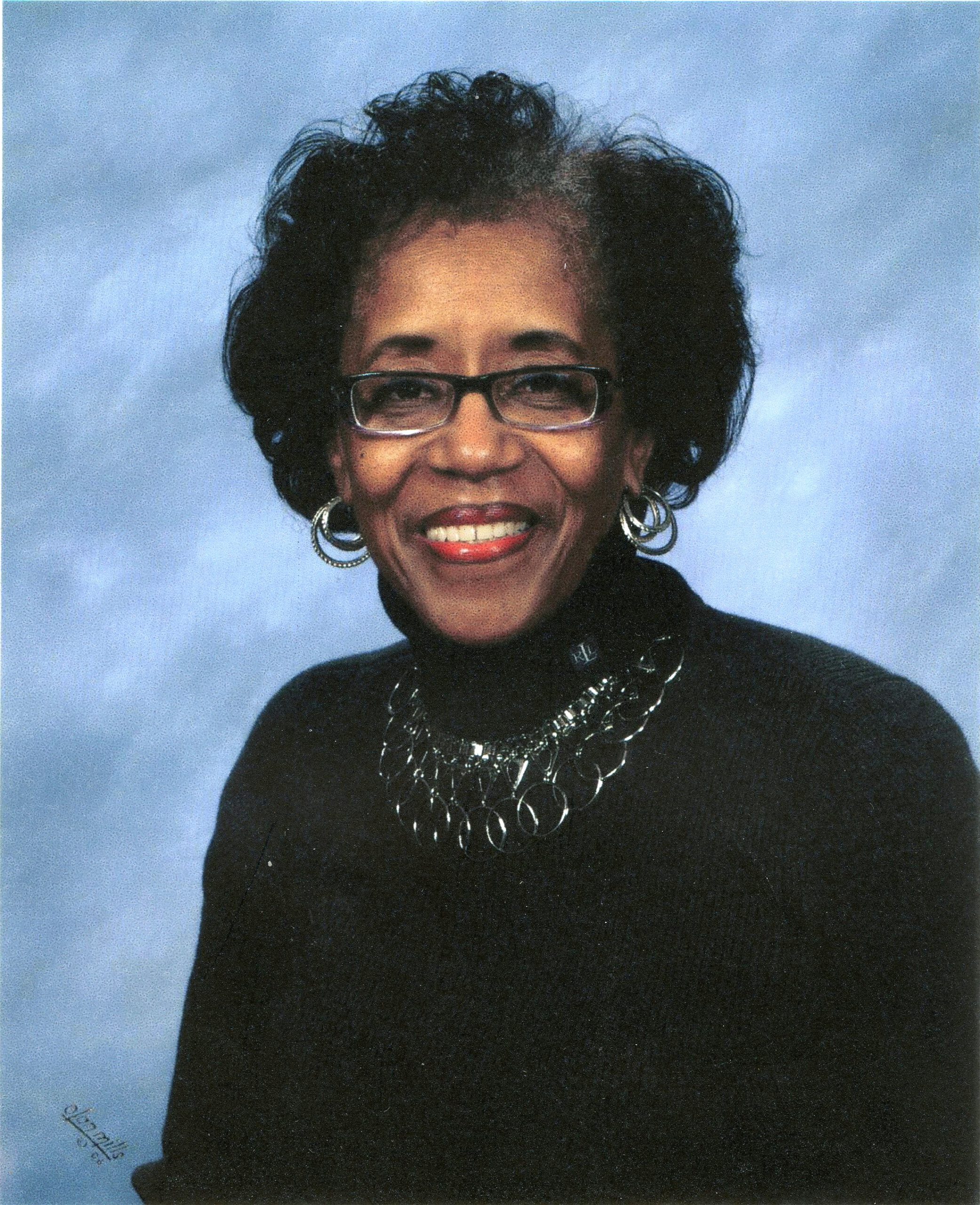An Incident that Shaped Attitude
By Mozella Burns, Contributing Writer
I am the fifth of six children born in Clarksdale, Mississippi. My mother and father picked cotton for a living; and when the cotton industry no longer needed “hands” to pick cotton (machinery took over), they migrated from Mississippi to Connecticut with six children in tow. Their seventh child, my brother, was born in Connecticut.
Our neighborhood was predominately Caucasian. All of my neighborhood playmates were Caucasians. Eventually, two more African-American families moved into the neighborhood. I interacted with white children during the week because there were only a few African-American children in grammar school and they did not live in my “white” neighborhood. My interaction with African-American children was at my church and with the few who were in the school I attended.
We played together every day, attended the same school, and were never referred to as Negroes, coloreds, black, or the infamous “nigger” word to our faces. My first realization that I, as a Black person, was viewed differently because of my skin color was when my parents took us on vacation to Clarksdale, Mississippi. We traveled to Mississippi by car and my mother grilled us all the way there reminding us that we had to drink out of the “black only” water fountain and respond with “yes sir” and “yes ma’am” to anyone white.
During this visit to Mississippi, I went to the store with my cousins, who were sent to buy groceries. When we approached the counter to pay for the groceries, we were conversing at that time and the white man who waited on us looked at me and asked, “You’ll from up north?” I did not understand one word he was saying. He repeated himself again, “You’ll from up north?” My cousin quickly whispered in my ear, “He’s asking you if you are from up north.” I quickly responded, “Oh, yes sir.” In spite of this encounter, my relationship with my white friends continued with no racial incidents.
However, this idealistic life was soon to end. Emmett Till was murdered in Money, Mississippi, in August 1955, and this became a national incidenton the radio and in the TV and newspapers. This eventcreated anger in me and anger at my white friends because they were white and their race had inflicted this injustice on a member of my race. This episodewas widely discussed at home and, of course, at church. I was extremely angry with my white friends and did not speak to them for about a week. The realization that I was black and different was created by this occurrence and I had to finally accept that I was viewed differently just because I was Black. I eventually spoke to them again. The friendships continued, albeit awkwardly, but things were never quite the same. My innocence was gone. I then had a full realization of the racial barriers that would always confront me. My happy and secure childhood was over, marred by an ugly racial incident.
Mozella Burns is a lifelong member of Bethel AME Church in Bridgeport, Connecticut. She takes time to lend her skills to the greater Bridgeport community, where she is a member of the Greater Bridgeport Chapter of the National Association of Negro, Business and Professional Women’s Clubs, Inc. She is also a poet, writer, and collector of Black art. Her submission of an unsolicited article led to her part-time employment as a free-lance reporter for The Bridgeport Post(renamed the Connecticut Post). Her favorite ministry is that of calling and visiting the sick and shut-in members of Bethel Bridgeport.





